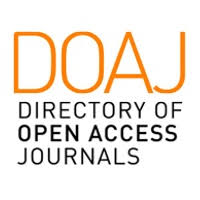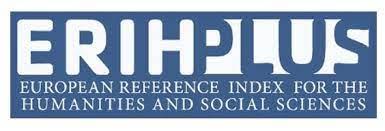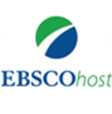Publishing ethics
The editorial Board of the Journal Orbeliani shares the principal values of Sulkhan-Saba Orbeliani University and acts by the principles of freedom of research, expression of thought and publication, and principles of Research Publishing Ethics (COPE);
Editor Responsibilities
The editor, in consultation with the editorial board, determines the goals, objectives, and publishing policy of the journal;
The editor shares the responsibility with the editorial board and guarantees the journal's scientific quality; Constantly takes care of its development and improvement.
The editor ensures that all incoming articles undergo the anti-plagiarism program and sends them to two experts in the field for review;
If the program has detected and caught the plagiarism, the editor rejects the article and returns it to the author;
The editor is obliged to notify the authors of the positive/or negative assessment or reasons for the of rejection the article by e-mail and to attach the reviewers' conclusions to the letter.
The editor is responsible for the high quality of the review process and the qualification and competence of the reviewers.
If the author raises reasonable doubts about the bias of the reviewer, the editorial team, through consultation with the editorial team, should resolve the issue - to send it to a new reviewer or publish it;
The editorial board must apologize or publish an explanation or clarification in case of misconduct fact.
The average duration of the review process is two months;
The journal is published in summer every year.
Reviewer Responsibilities
The reviewer is responsible for considering the editorial policy protecting confidentiality and objectivity. The reviewer evaluates the article based on the "evaluation criteria” and provides the article assessment within the deadline to the editor; In case of a conflict of interest, the reviewer`s Obligation is to inform the editor about it board and refuse to review the article;
Authors Responsibilities
The responsibility of authors is to submit the articles to the editorial office via the electronic platform (link).
By uploading the article, the authors agree that the given article represents their original work, does not contain plagiarism, and hasn`t been published before in any language.
The journal's editorial policy enables authors to republish or reprint if the source of the original publication is noted.
If the submitted article contains the research results in which humans or animals have been involved. The authors must indicate that they considering the internationally recognized guidelines (for example, the Declaration of Helsinki for Clinical Research, or the AERA and BERA-სGuidelines for Educational Research).
Conflicts of Interest
Journal editorial policy considers personal relationships or rivalries, academic competition, and intellectual beliefs as conflicts of interest. To prevent conflict of interest, journal editors are obliged to discuss all incoming articles without any favor. The reviewer`s obligation is to inform the editors about conflicts of interest and refuse to review the article.
Raise a concern
Any person who finds any kind of mistakes in the articles or figures out that editorial policy has not been carried out in line with these principles should raise their concerns with the journal's editorial office or email the Press at olr@sabauni.edu.ge The Editorial Board is responsible for discussing any incoming issue carefully and reacting appropriately.
Retractions
Editorial policy enables the journal editor to reject incoming articles if it is unthematic, the findings are unreliable, contain unethical research or plagiarism, the article`s main part is descriptive, and lack research depth.
However, if technical corrections are found, they may be published as separate papers in the next issue.
Everyone has to comply with the ethical standards.
The article provided by the author has to exclude all forms of discrimination.
The article shall not contain hate speech or unprintable and insulting phrases.
The Editorial Board and reviewers have to consider the intellectual independence of the author.











